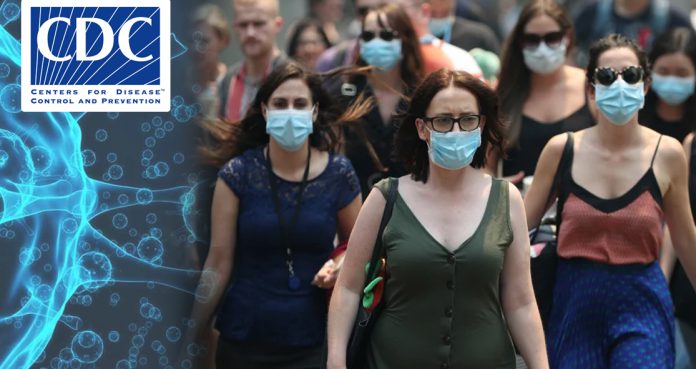On Tuesday, the U.S. Centers for Disease Control and Prevention (CDC) said that Americans should now be prepared for the spread of the coronavirus, aka COVID-19, across the nation.
Dr. Nancy Messonnier, Director of the Center for the National Center for Immunization and Respiratory Diseases at the CDC, said, “It’s not so much a question of if this will happen anymore but rather more a question of exactly when this will happen and how many people in this country will have severe illness.”
U.S. authorities have taken certain measures to contain the spread of the virus in the nation, such as restricting travel to and from China, where the outbreak began, and quarantining confirmed cases.
However, Dr. Messonnier said growing evidence of the virus spreading in countries, such as Italy and Iran, has raised concerns among the CDC officials who expect the virus to spread in the United States.
So far, Italy has reported 323 confirmed cases and 11 deaths caused by the coronavirus, while Iran reported 95 cases, with 16 deaths.
Director of the National Institute of Allergy and Infectious Diseases Dr. Anthony Fauci told NBC News, “When you start to see sustained transmission in other countries throughout the world, it’s inevitable that it will come to the United States.”
In the United States, COVID-19 has affected 57 people, with no deaths so far. Most U.S. cases are among the passengers who were evacuated from the Diamond Princess cruise ship, docked in Japan.
The CDC has warned Americans to be prepared for the coronavirus spread, which could disrupt their daily lives if the infection spreads across the nation.
Infectious disease expert Dr. William Schaffner at Vanderbilt University said, “We should all be dusting off our pandemic preparedness plans and rehearse them very quickly. The core concept is social distancing.”
Dr. Schaffner explained that companies should ask their employees to work from home and people should observe religious ceremonies at home instead of attending mass gatherings.
The virus tends to spread from person to person through air droplets of sneezes and coughs so people should avoid close contact with an infected person.
Alex Azar, secretary of the United States Department of Health & Human Services (HHS), said, “The immediate risk to the general American public remains low. But, as we have warned, that has the potential to change quickly.”
“The fact that we have been able to keep cases to this low level is an accomplishment, especially given that we are, unfortunately, beginning to see community spread in a growing number of other countries,” added Azar.
The HHS secretary explained that travel restrictions have played a key role in limiting the spread of the virus in the United States, adding that there would be no plans on ease of travel restrictions at this point.
In China, the virus has sickened more than 78,000 and killed over 2,700 people. Chinese health officials have taken aggressive measures to stop the spread of the virus, which seems to be working.
WHO scientists Dr. Bruce Aylward, who investigated coronavirus crises in China, said, “The declining rate of new cases in China indicates that the virus can be contained.
Other nations need to act as quickly as possible if they find any new cases in order to control the spread of the virus.
“There needs to be a real shift in mindset,” said Dr. Aylward. “This virus will show up. Think the virus is going to show up tomorrow.”























